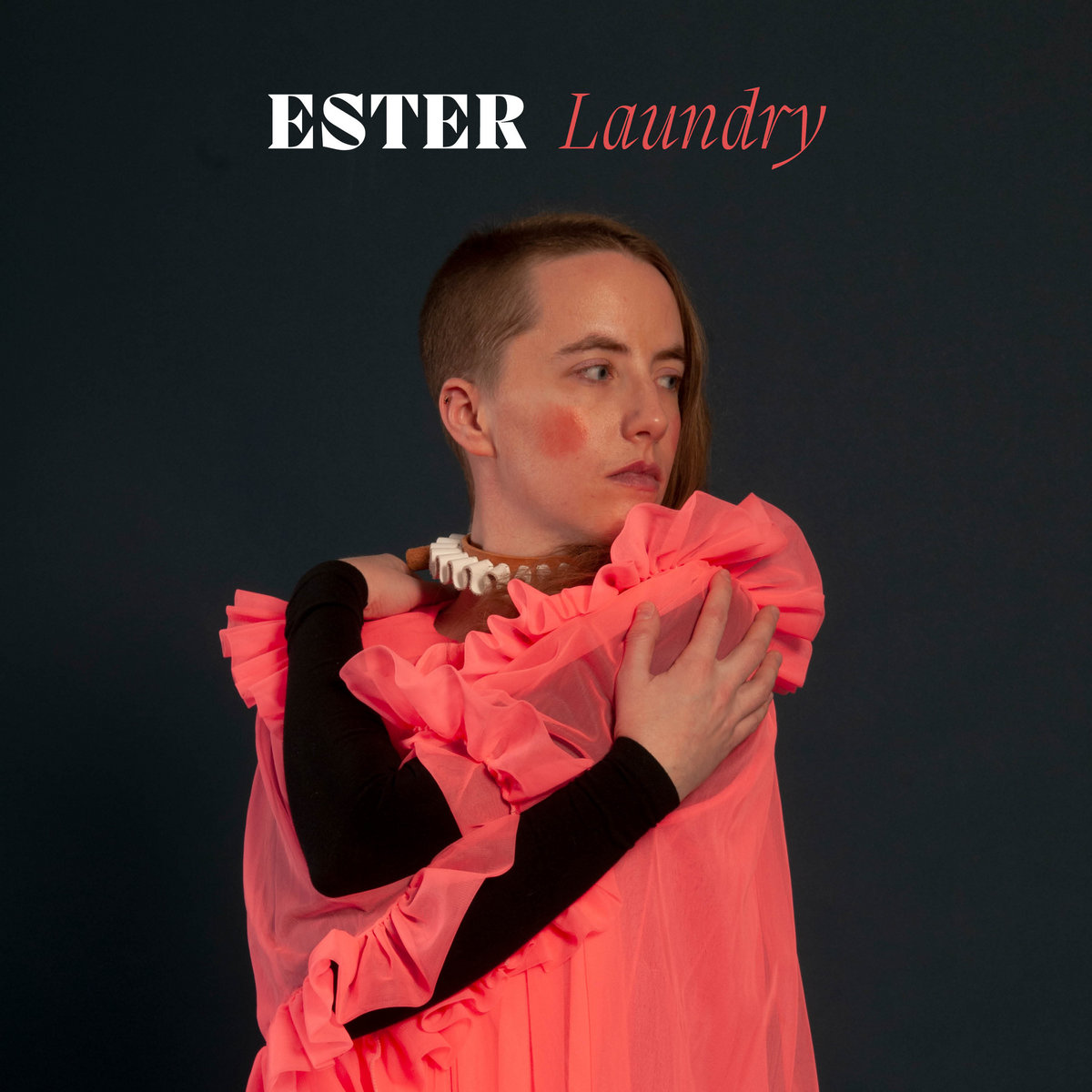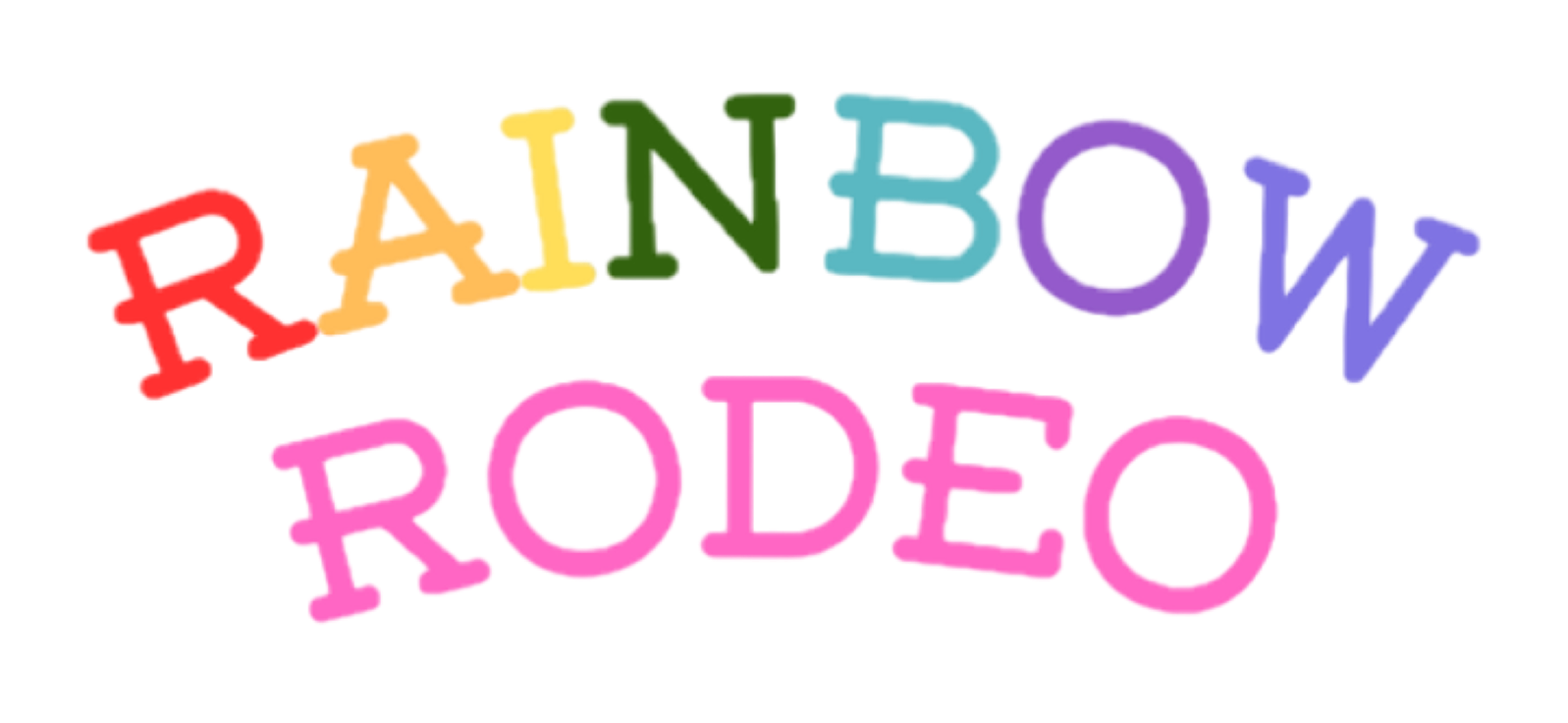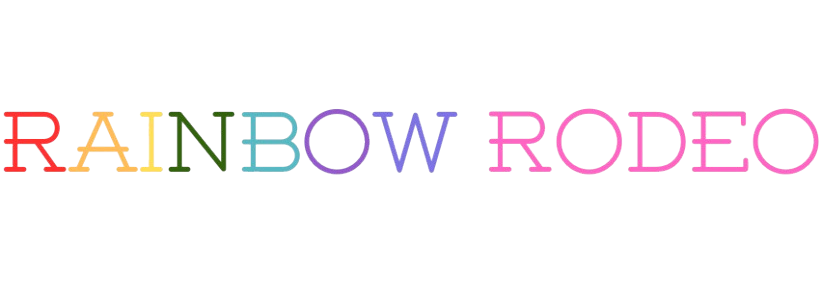Ester -- Laundry

“How much can I let myself be open? How many times until I slip away?”
Anna Holmquist, in the most recent offering of their indie-folk project Ester, is a songwriter interested in the more complicated questions of life and love. Holmquist and Ester have gone through many manifestations since their first recordings in 2013, and now are releasing a new EP titled Laundry that marks a departure from the larger band sound of 2020’s Turn Around.

Laundry is noticeably different, paring down almost everything except Holmquist’s singing and playing. It suits Ester’s songs, which lyrically are concerned with introspection and a rich emotional spectrum. Still, audiences might wonder if this marks a new and permanent direction to the constantly-growing Ester project, or if this EP is yet another passing shade of Holmquist’s chameleon-like performance. What are we meant to read into these changes, and the re- recordings of several songs from Turn Around featuring this new aesthetic?
Holmquist’s vocal performance is full of pensive stoicism, the voice of someone who knows the cards dealt them but plays them anyway. Katelyn Cohen’s cello playing is robust and assured painting broad strokes behind Holmquist’s more intricate electric guitar. And above both are the icy, wailing vocal melodies, straightforward lines punctuated by an occasional fragile lilt or bend of a note, a human moment in the inhuman siren song.
The version of “Thirsty” on Turn Around is backed by a full band, a fuller arrangement packed with the kind of energy several musicians playing together can create, and though both versions are the same length down to the second, the Laundry version feels longer, weighted with the sorrow of lonely contemplation. Here the vocals take center stage even more, doubled by Holmquist to create close harmony then layered with a small choir of vocals behind. The newer version catches your ear instantly with its minimalism, a loud voice in a quiet hall. The songs “Little Shadow” and “Lock Me Up” are also reformed on Laundry into starker and more dramatic vocal performances, creating an entirely different emotional tone to the same tunes. If the full band versions are like summer, containing a brightness and buoyancy, the versions on Laundry are fall, perhaps even winter. It’s fascinating to hear an artist completely reshape a song from one kind of energy to the next, even more so when Ester “covers” themselves.
It’s no surprise that the EP’s longest song, “Sun, Seed, Soil,” concerns itself with the metaphor of the garden, the inevitable cycle of the seasons, filled with birth, growth, withering and death, lamenting those same phases in an intimate relationship. The inevitability of that cycle matches the circular rhythms of Holmquist’s songwriting on Laundry. Most modern folk/pop/rock songs are all stops and starts, sudden breaks between verse and chorus. “Sun, Seed, Soil” has an older feeling, like a medieval song in rounds or a madrigal. The songs feel eternal and inevitable, like nature itself. Ester’s Laundry seems to have grown up from the Earth itself only to blossom right when they were supposed to.
Ester — Bandcamp, Songkick, Twitter, Facebook, Instagram, Spotify




